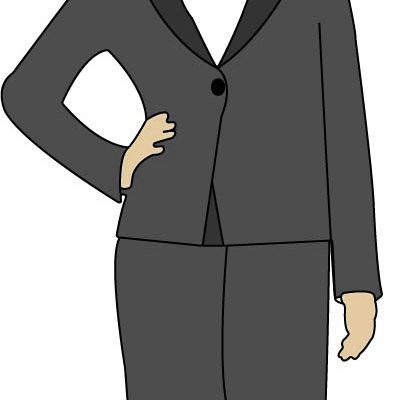Tiger parents need to be tamed

We all know that one kid who is the modern-day “Renaissance Man.” They are able to juggle a massive amount of extracurriculars, ranging from violin practice to club soccer, all while getting near perfect grades.
However, these students are not always self-motivated, as following such a schedule may be an avenue to please their parents.
Perfectionist parenting has become prevalent in an increasingly competitive world. With each parent wanting their child to succeed, children are pushed to be “talented” in all areas of life. Although this style of parenting may yield such children, the potential side-effects outweigh the rewards.
In 2011, Yale professor Amy Chua published Battle Hymn of the Tiger Mother, a memoir on her style of parenting. Chua describes enforcing traditional and strict “Chinese” discipline on her two daughters, coining the popular term “tiger parenting”. In one anecdote from the novel, Chua recounts her daughter Lulu being unwilling to learn a difficult piano piece. Chua told Lulu that if she did not master the piece by the next day, Chua would donate her dollhouse to the Salvation Army piece by piece, forcing Lulu to sit at the piano against her will.
As a result, whenever Lulu would practice the piano in the future, she may remember the anxiety that came with mastering pieces. If Chua had utilized supportive parenting that respected the process of learning piano, her daughter would be much more willing to practice and would have a lifelong passion for learning.
Although perfectionist parenting pushes for children to succeed academically, it can backfire severely. The reality TV show “Child Genius,” in which brilliant children compete for a $100,000 college scholarship, embodies this principle.
Ryan Xie, a competitor in the first season, was notorious for having “tiger parents.” Throughout the season, they forced Xie to study and criticized him if he scored below first place. Xie constantly complained about the pressure he faced from his parents, leading to an increasing lack of motivation throughout the season. As a result, even after countless hours studying, Xie failed to place in the final round.
It is clear that perfectionist parenting negatively affects children. Growing up, children look up to their parents for self-esteem, comfort and guidance. However, perfectionist parents spend years telling their children that they are not “good enough,” pushing them to work at an unhealthy level. Although they may accomplish many tasks, it often comes at the high cost of emotional stability.
Children who grow up with low self-esteem generally do not gain this back once they leave their parents. As an adult, they may continue to struggle with “hating themselves,” degrading their overall success both in the workplace and in their personal lives. Depression and self-deprecation follow, and in some cases, alcohol or drug dependency becomes a way to cope with mental issues.
This is not to say that parents who do not push their children are ideal. However, the line between encouraging and perfectionist parenting is sadly often crossed. Demanding children to excel in all areas of life is not worth the emotional trauma that it leaves behind, and parents need to assess the long term consequences of whatever type of parenting they choose. Perfectionist parenting is not worth the short term rewards it may reap.

